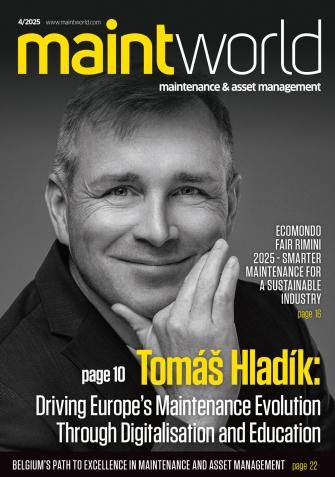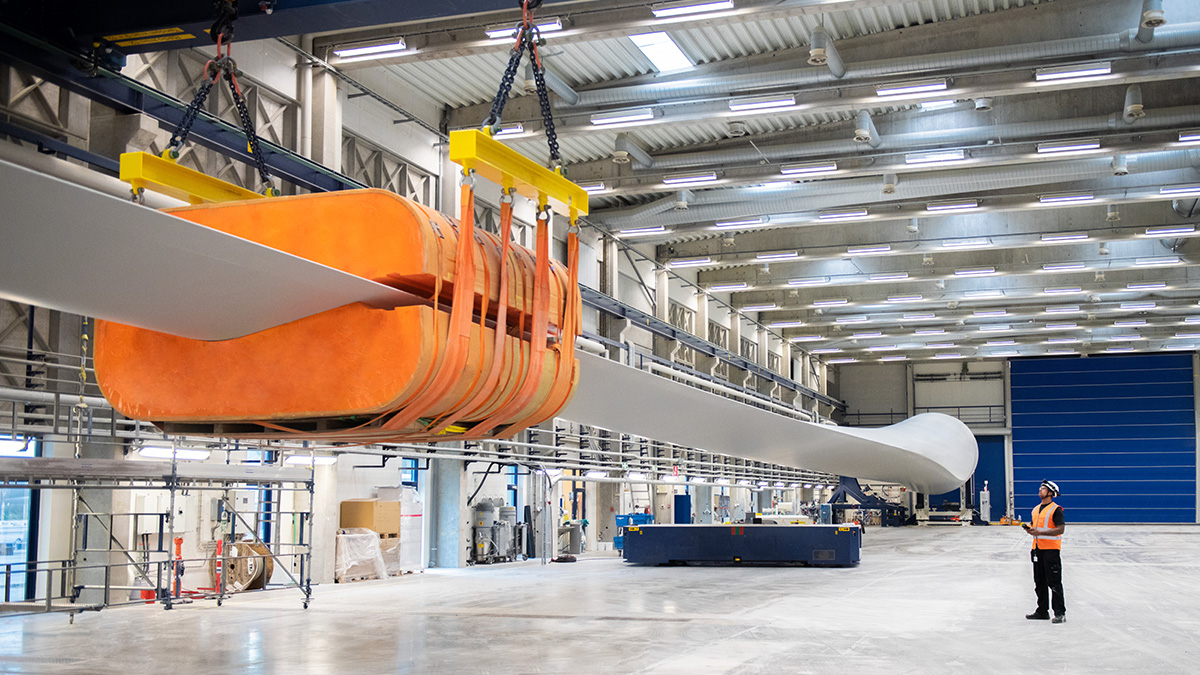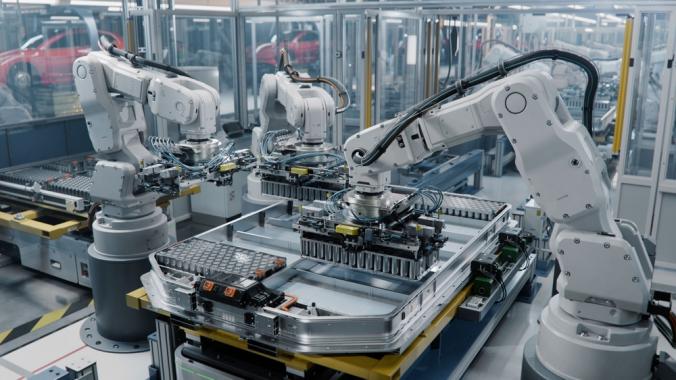EU enshrines tighter pre-qualification criteria for wind farms in law
The European Parliament and the Council reached a final agreement on the Net Zero Industry Act (NZIA). The Act will help strengthen Europe’s clean tech manufacturing and contribute to ensuring that the future of wind energy is “made in Europe”.
At the heart of the NZIA deal is the design of wind energy auctions. Pre-qualification criteria are now enshrined in legislation. Pre-qualification and non-price award criteria will play a bigger role in selecting winning bids. Europe is taking another decisive step away from price-only auctions towards auctions that award those projects that create the most value for society.
The EU wants to have 420 GW of wind energy installed by 2030, up from 220 GW today. The European wind supply chain is now ramping up to meet this demand.
Setting a level playing field and recognising the value of European manufacturing is indispensable to delivering on Europe’s energy security and climate targets. WindEurope therefore welcomes the agreement reached yesterday by the European Parliament and the Council on the Net Zero Industry Act (NZIA).
At the heart of the NZIA are changes to renewable energy auction design – with a step-wise approach. The law raises the bar for the participation in wind energy auctions by enshrining pre-qualification criteria on cybersecurity, responsible business conduct and the ability to deliver on projects. National Governments can also reward bids based on sustainability, energy system integration or supply chain resilience.
“Europe is taking another decisive step away from auctions based on price only. The Net Zero Industry Act enshrines pre-qualification criteria to ensure auctions don’t award the cheapest projects but those projects that bring the biggest value to Europe. Good. The wind industry is ready to deliver value for Europe and live up to Europe’s values”, says Pierre Tardieu, Chief Policy Officer at WindEurope.
Last year’s EU Wind Power Package had already set out 15 immediate actions to support the scale up of the European wind industry, including the use of pre-qualification criteria for wind auctions. 26 Member States then committed themselves to implement these actions, including the use of pre-qualification criteria, by signing on to the European Wind Charter. The European Wind Charter was also signed by 300 wind companies, manufacturers and developers alike, embracing this approach.
The NZIA rightly focuses on the execution of renewable projects. It calls on national Governments to apply price indexation in auctions to factor in possible increases in input costs. And to assess the effects of negative bidding on the speed and scale of renewables deployment.
Uncapped negative bidding is particularly unhelpful. It means developers have to cover the additional costs of negative bids. They can either pass them on to the electricity consumers or on to the wind energy supply chain. Negative bidding also adds to the overall project risk which in turn drives up capital costs. This is particularly challenging with higher interest rates now.
“Uncapped negative bidding puts the realisation of wind projects at risk. It is very positive this issue is officially recognised in legislation supporting the expansion of European clean tech.” adds Pierre Tardieu.






![EMR_AMS-Asset-Monitor-banner_300x600_MW[62]OCT EMR_AMS-Asset-Monitor-banner_300x600_MW[62]OCT](/var/ezwebin_site/storage/images/media/images/emr_ams-asset-monitor-banner_300x600_mw-62-oct/79406-1-eng-GB/EMR_AMS-Asset-Monitor-banner_300x600_MW-62-OCT.png)



